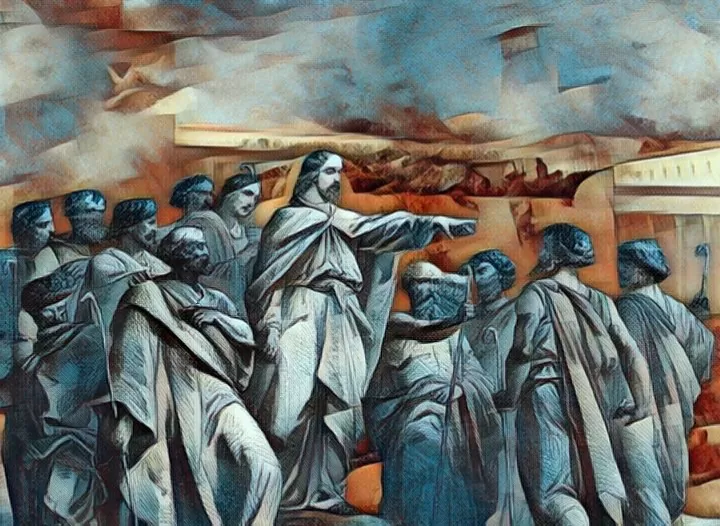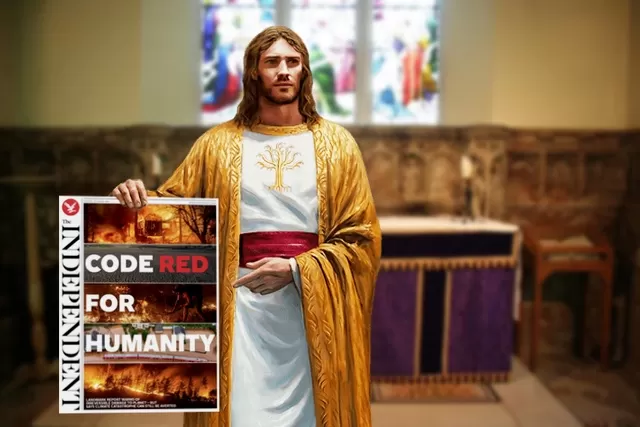The two modes of “mission” (for want of a better word) in the Bible
I am trying to give serious thought these days to how the church goes about its “mission” (for want of a better word). The methodology is usually pragmatic: the church as it currently is, in its various institutional forms, faces challenges of numerical decline or social irrelevance, and asks what needs to change in order to fix the problem.






Recent discussion